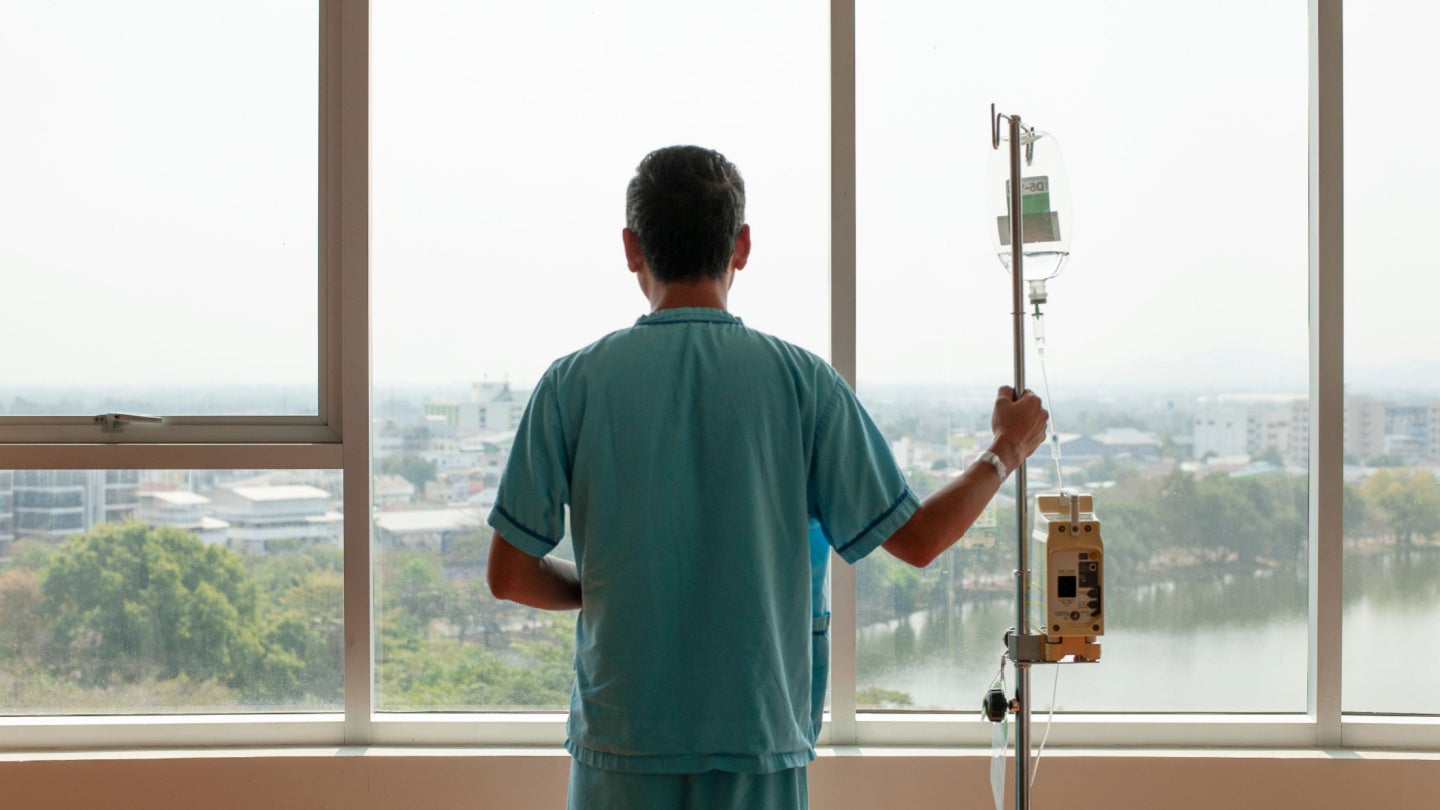
Sponsors are being urged to compensate participants in oncological clinical trials, as well as make in-person visits to contract research organisations to keep exploratory studies from slowing down.
Speaking to a full room at the 11th Annual Clinical Trial Supply Nordics conference in Copenhagen, the founder of the Dusseldorf-based Arensia, Claudia Hesselmann told sponsors not to allow convenience and reliance on historical data to impede early-stage trials.
Among her suggestions was a call to compensate oncological research participants regardless of precedent, as well as firmly establishing methods to ensure that individual needs trial participants are well looked after as a reputational risk.
Hesselmann said: “The worst thing that can happen to us is to lose our reputation in the patient community. When I have this situation I pull sponsors, I pull vendors. We do not want the patient population to feel that we cannot do our job.
“What many people forget is that patients have their fears, they have their families. Patients are our partners in doing research. In early research, there is no proven benefit for the patient. That’s why we must have an environment that puts them in the centre.
“Of course, we also compensate our patients, even oncology patients. Sometimes I get feedback from sponsors saying that they don’t compensate oncology patients, implying that they are so ill that they don’t have a choice. That’s not okay. An oncology patient is equal to a healthy volunteer.”
She also urged sponsors not to allow complacency with regulatory systems in one region to cause a trial to decelerate. Detailing some of the major pitfalls that slow down clinical trials, Hesselmann shared how constantly shifting staff and international bureaucracy can put a heavy strain on clinical trials.
In addition, in describing how stratifying out various aspects of a trial can slow things down, Hesselman said that it was crucial to have staff on the ground speaking with staff at research sites and clinics ensuring, in person, that the trials can be effectively carried out..
Hesselmann added: “One of the biggest challenges for Arencia is not recruitment or even complexity of the studies but is bureaucracy. That’s the biggest issue we see when planning capacity and resources for our clinics.
“When we start a project, within three months we will already see things changing, people are changing jobs. We see one company contracting to another company and this kind of complexity can become very difficult for a trial when allocating resources. It takes time.
“The highest amount I have seen in a study was a Phase I study in oncology with 52 patients and 105 sites. So that’s huge. We often go into investigator meetings with some sites and this is the first time they are reading the protocol, and this is three months inside the project, and then they give us amendments.”







